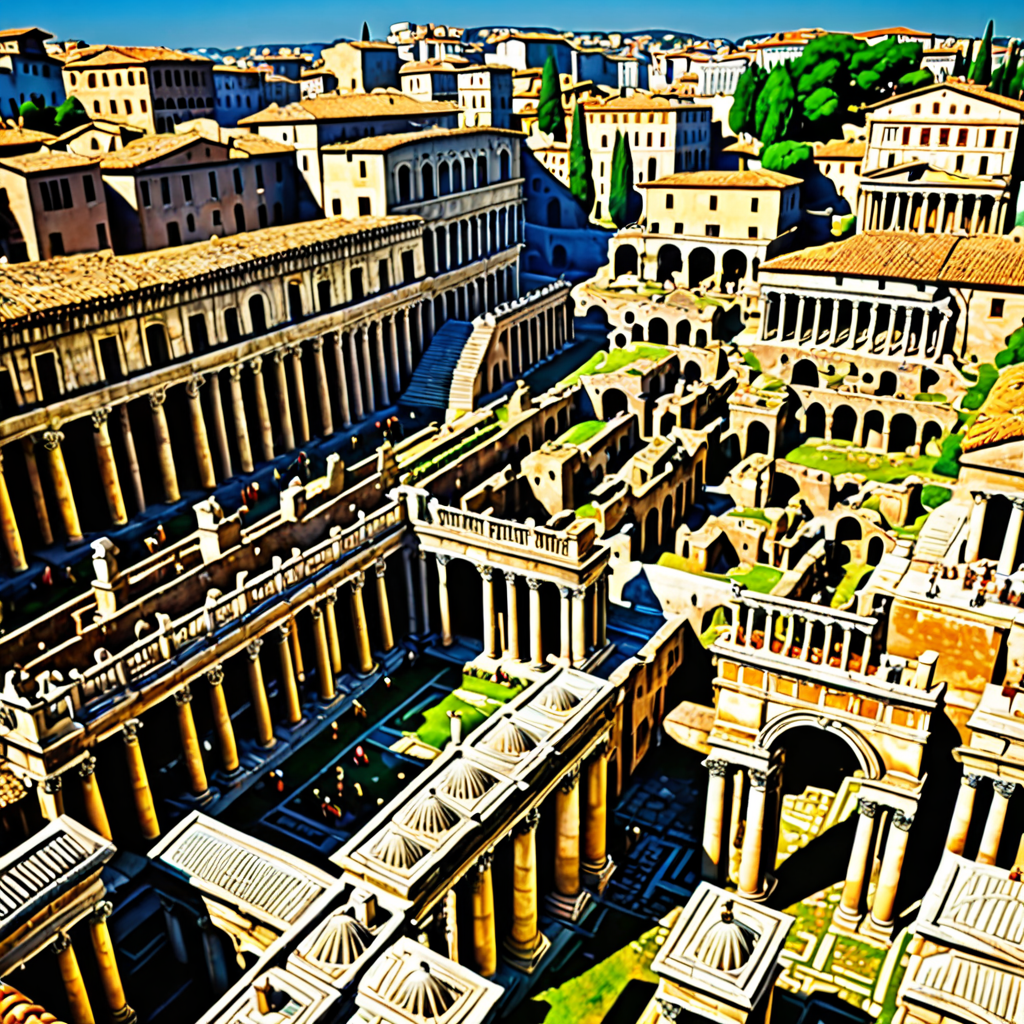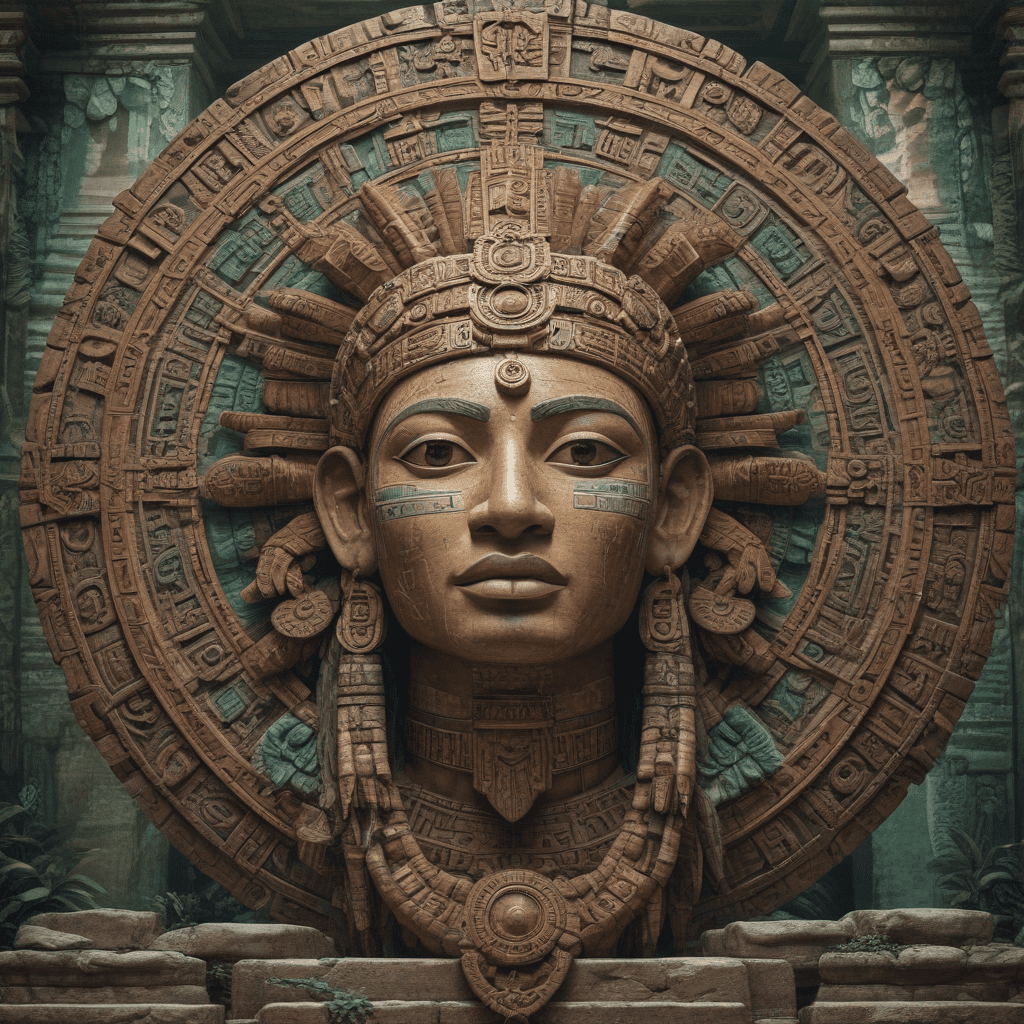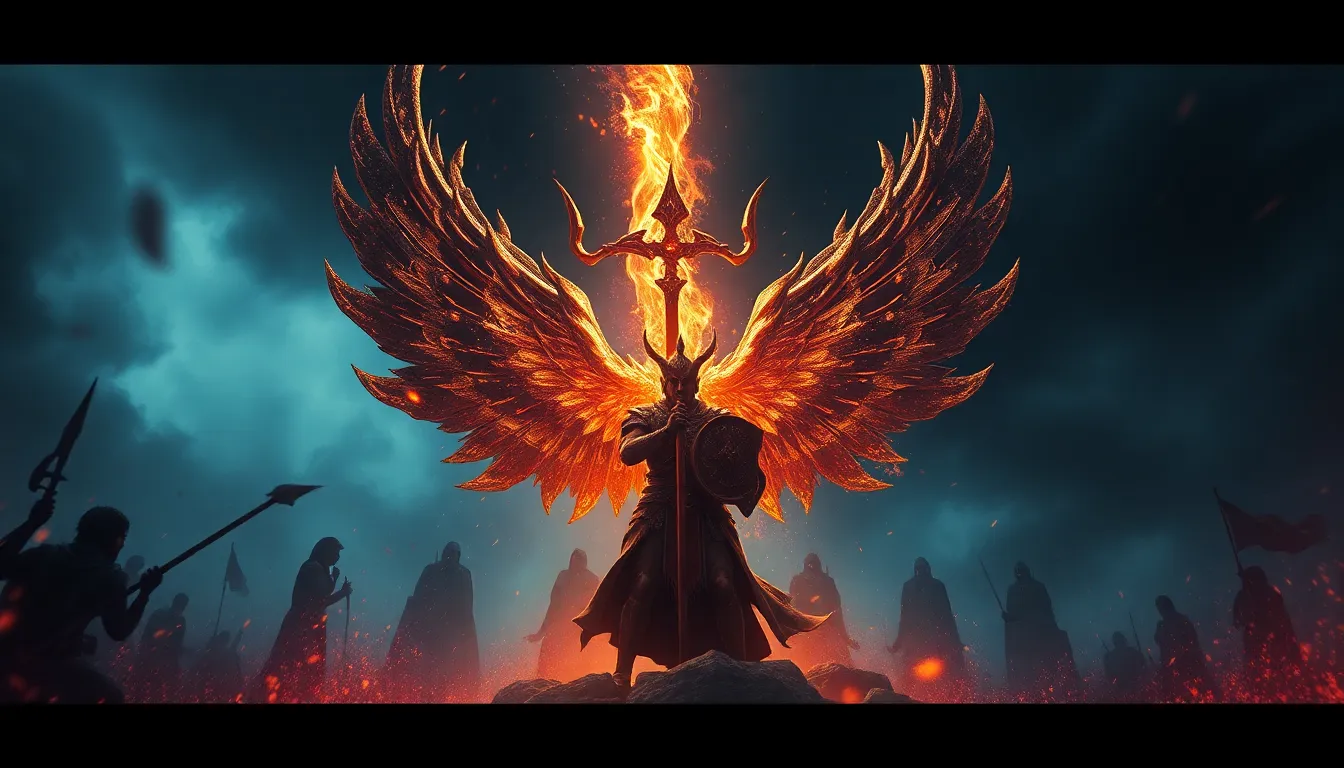Curses from Above: The Most Shocking Divine Punishments
Introduction to Divine Punishment
Divine punishment refers to the concept that a higher power, often a deity, enacts retribution upon individuals or communities for their sins or moral failings. This idea spans across various cultures and religions, serving as a moral compass to guide human behavior. Historically, societies have interpreted misfortunes, calamities, and disasters as manifestations of divine displeasure, leading to a rich tapestry of beliefs surrounding divine retribution.
Cultural beliefs in divine retribution often encompass narratives that serve both as warnings and lessons. They reinforce societal norms and values, urging individuals to adhere to moral codes to avoid the dire consequences of divine wrath.
Biblical Examples of Divine Punishments
The Bible is replete with accounts of divine punishment, illustrating the consequences of defiance against God.
The Ten Plagues of Egypt: A Lesson in Defiance
One of the most notable examples is the Ten Plagues of Egypt, which were inflicted upon the Egyptians due to their enslavement of the Israelites and refusal to heed God’s command. Each plague served as a demonstration of God’s power, culminating in the death of the firstborn, which ultimately led to the Exodus.
The Destruction of Sodom and Gomorrah: Moral Decay and Its Consequences
The destruction of Sodom and Gomorrah is another striking biblical narrative, where the cities were obliterated due to rampant immorality and wickedness. This story serves as a stark reminder of the consequences of moral decay and the importance of righteousness.
Mythological Curses Across Cultures
Mythologies from various cultures also provide compelling examples of divine punishment through curses.
Greek Mythology: The Fates of Prometheus and Cassandra
In Greek mythology, Prometheus faced severe punishment for stealing fire from the gods to give to humanity, resulting in eternal torment. Similarly, Cassandra was cursed to prophesy true events that would never be believed, showcasing the theme of suffering for defiance against divine authority.
Norse Mythology: The Curse of the Aesir and the Fall of Ragnarok
Norse mythology presents the concept of Ragnarok, a series of events including a great battle that leads to the death of many gods. This reflects the idea of divine punishment for the hubris of the Aesir, the principal gods, and serves as a cautionary tale about the consequences of pride.
Historical Accounts of Divine Retribution
Throughout history, significant events have been interpreted as divine punishment, leading to widespread belief in retribution from above.
The Black Death: A Punishment for Sins?
The Black Death, which ravaged Europe in the 14th century, was seen by many as a divine punishment for humanity’s sins. The devastation led to profound changes in societal and religious beliefs, as people sought to appease God through penance and reform.
The Lisbon Earthquake of 1755: Divine Judgment or Natural Disaster?
The Lisbon Earthquake of 1755 prompted debates about divine judgment versus natural disaster. The scale of destruction led many to question the moral state of society, while others viewed it as a tragic event without divine intent.
Modern Interpretations of Divine Punishment
In contemporary society, interpretations of divine punishment continue to evolve, influenced by modern events and disasters.
The Role of Natural Disasters in Contemporary Religious Beliefs
Many religious groups interpret natural disasters as signs of divine anger or as calls for repentance. This belief helps individuals cope with tragedy by attributing meaning to suffering.
Examples of Events Perceived as Divine Retribution
- 9/11 attacks: Some viewed this as divine punishment for immorality in society.
- Hurricanes: Certain religious groups have attributed hurricanes to the moral failings of communities.
Psychological and Sociological Perspectives on Curses
The belief in divine punishment can significantly impact behavior and societal structures.
The Impact of Belief in Divine Punishment on Behavior and Morality
Belief in divine retribution can lead to increased moral behavior, as individuals strive to align their actions with perceived divine expectations. This belief fosters a sense of accountability, influencing personal and community ethics.
The Role of Fear in Maintaining Societal Order
Fear of divine punishment can also serve as a tool for social control, promoting conformity and discouraging immoral behavior. Societies may use religious teachings to instill a sense of fear regarding divine consequences for wrongdoing.
Literary Representations of Divine Curses
Literature has often explored themes of divine punishment, reflecting societal fears and morals.
Analysis of Divine Retribution in Classic Literature
Dante’s Inferno presents a vivid portrayal of divine punishment, where souls are condemned to suffer in hell based on their earthly sins. This allegorical representation underscores the moral lessons associated with divine retribution.
Modern Novels and Films Depicting Divine Punishment Themes
Contemporary narratives continue to explore themes of divine punishment, often blending moral lessons with entertainment. Works such as “The Stand” by Stephen King examine the consequences of humanity’s actions through a supernatural lens.
Curses in Popular Culture
Popular culture has a longstanding fascination with curses and divine punishment.
Exploration of Curses in Video Games and Movies
Video games and films frequently incorporate curses, creating engaging narratives that explore the consequences of defiance against divine or supernatural forces. For example, “The Curse of Oak Island” combines adventure with the allure of hidden treasures and historical curses.
The Fascination with Curses in Horror Genre Narratives
The horror genre capitalizes on the fear of curses, often portraying characters who face dire consequences due to transgressions against supernatural entities. This reflects deeper societal fears about morality and the unknown.
The Debate: Is Divine Punishment Justifiable?
The concept of divine punishment raises ethical questions that warrant exploration.
Ethical Considerations of Divine Retribution
The justification of divine punishment poses significant ethical dilemmas. Questions arise regarding the fairness of punishment, the nature of free will, and the implications of a punitive deity. Various religious and philosophical perspectives offer differing views on the morality of divine retribution.
Perspectives from Various Religious and Philosophical Viewpoints
- Many monotheistic religions view divine punishment as a necessary aspect of divine justice.
- Philosophical perspectives may argue against the existence of punitive deities, emphasizing human agency and moral responsibility.
Conclusion: The Lasting Impact of Divine Punishments
Beliefs in divine curses have a profound impact on human behavior and societal norms. As societies continue to navigate moral complexities, the relevance of divine punishment persists, shaping cultural narratives and individual actions.
Reflecting on these beliefs highlights their enduring significance in understanding human morality and the implications for future generations. The discourse surrounding divine punishment remains a critical aspect of the human experience.



